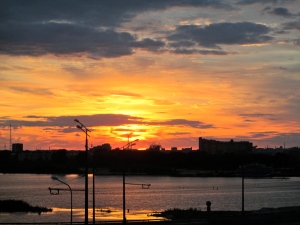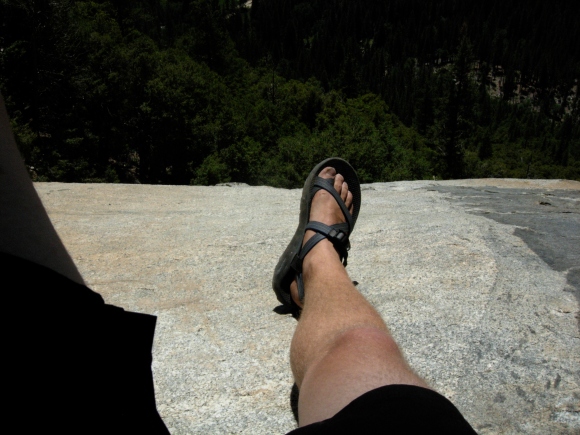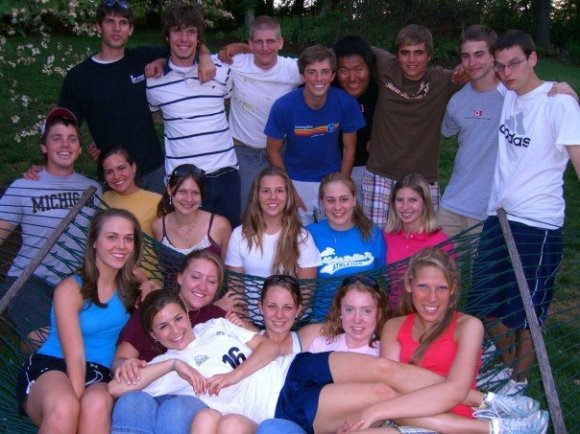Yesterday I had a friend send me a youtube link for a newly released Coca-Cola advertisement to see what I thought about it. The commercial starts off with some text about how migrant workers are taken from their homes to do manual labor far away for little pay. They do it all with the hope that they will one day make enough money from their labors to counter all of the hardships involved with being away from family and homeland.
And then comes the Coca-Cola Company to the rescue! Because phone calls back home are expensive and the average daily income for these migrant workers is about $6.00, Coca-Cola has invented a machine that provides three minutes of calling time for every Coke bottle cap that you deposit. (So spend 10% of your daily income on a saoda that you don’t need, and you get to call home for three minutes)
The rest of the clip shows people drinking coke and having tearful/joyous conversations with their loved ones. Give it a watch below if you want to see for yourself.
At face value, this ad seems to have all the ingredients for a hallmark commercial style tear jerker. You have marginalized people at the beginning and people who feel a little less crappy about life at the end. Unfortunately, the message of the clip sours a bit when you start to dig a bit deeper.
I commend the Coca-Cola Company for coming out with a fairly strong Human Rights Statement that “expressly prohibit(s) the use of all forms of forced labor, including prison labor, indentured labor, bonded labor, military labor, slave labor and human trafficking.” This is a big deal, and most multinational companies are not willing to make such statements.
Unfortunately, the moral stances of the Coca-Cola Company seem to stop right about there. For those of you who might not be aware, Coca-Cola is one of the primary sponsors for FIFA, and makes billions of dollars off the World Cup every four years. In order to prep a city for hosting this massive sporting event, about 1.5 million workers (90% of whom are migrant workers) are brought in to do the manual construction labor. Sadly, investigations into the living conditions of these workers have shown that there is mass wage theft, exploitation, rationing of food and water, and in some cases physical detention to keep people from running away.
So on the one hand Coca-Cola producing heartwarming commercials that talk about making the lives of migrant workers a little better, and on the other you have the Coca-Cola Company making billions of dollars off of the system that puts these people into situations where they are objectified and taken advantage of. How can there be such a stark disconnect?
Slavoj Zizek (a semi-crazy Slovenian critical theorist and philosopher) has this great bit that he does where he talk about how capitalism has started to take on the role of critiquing itself in minor ways so that we can consume guilt free. It says things like…
…buy as many clothes as you want, as long as you buy the kind that give a little bit back.
or
…order the super mega venti latte from starbucks once a day since 10% of it goes back to saving the rainforests.
The problem comes in when the clothes are still being made by exploited children and the rainforests are still being destroyed by short-sighted coffee companies.
In a similar way, I feel like Zizek would say that Coca-Cola is telling us to support their company because they give a little bit back to people who are being absolutely screwed over… and in doing so hoping that we will just ignore the fact that they are making mountains of money off of the system that is doing the screwing.
And by looking at 2.6 million likes the video has gotten in the last few weeks, it seems to be working. Maybe I’m being a little too cynical, but i feel like Coca-Cola – and we as consumers – can do a whole lot better.










